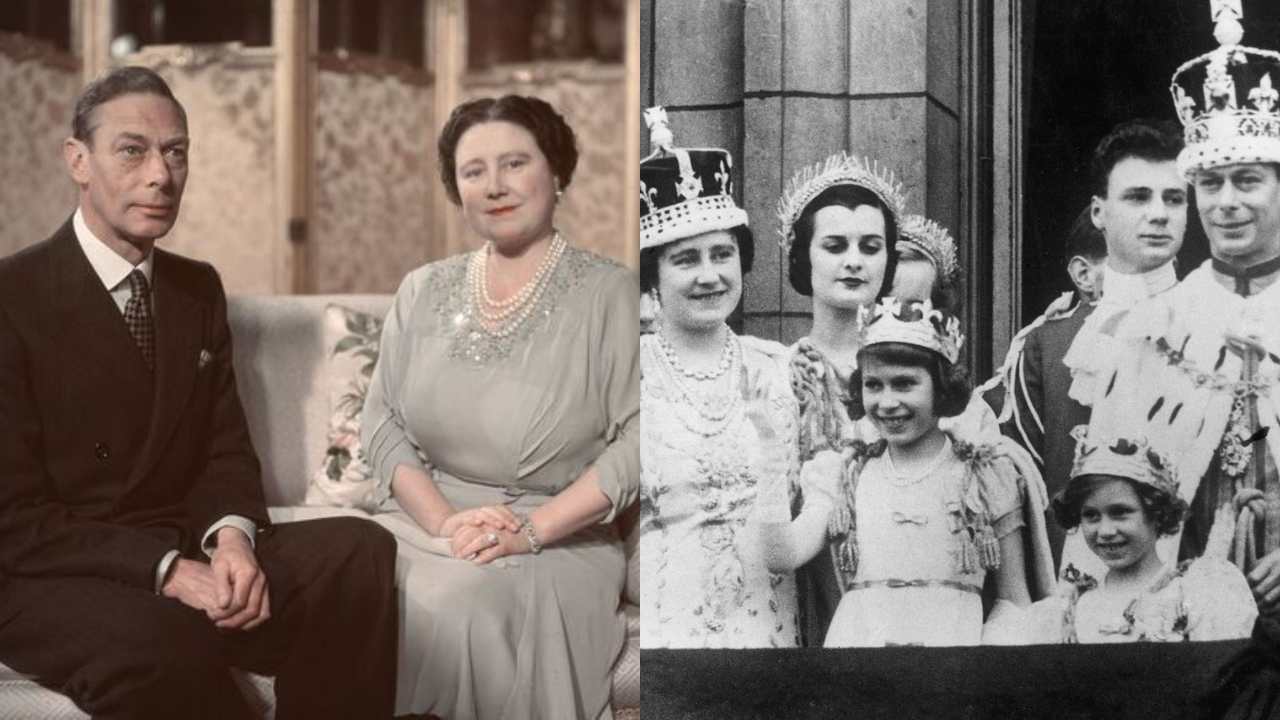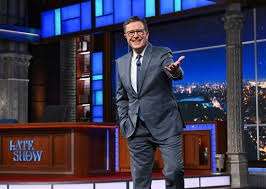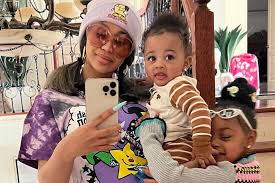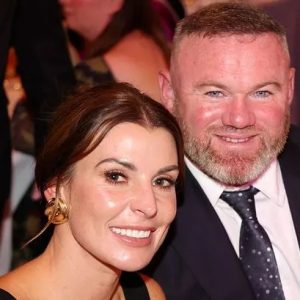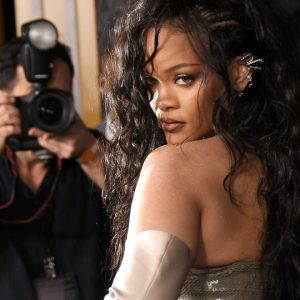Unlike modern royal marriages, royal marriages in the past were often decided by political alliances. Royal brides and grooms often met only a few times before the wedding, or not at all. The choice of queen was often based on their role at court. For example, Queen Mary was initially engaged to Prince Albert Victor, who died in 1892. She later married his younger brother – who would become King George V – because she was a favourite of Queen Victoria. As a result, royal marriages based on love were rare at that time, until Prince Albert and Lady Elizabeth Bowes-Lyon were married.
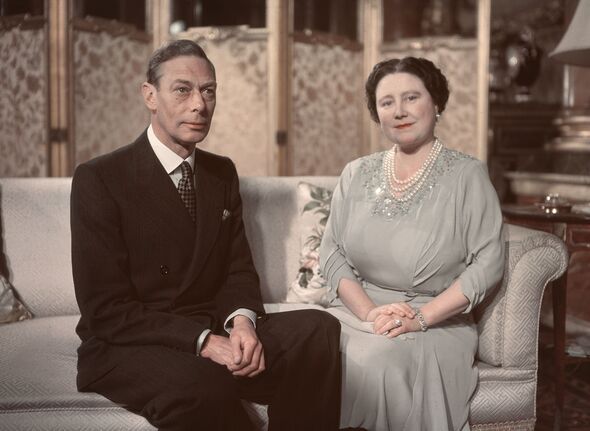
Lady Elizabeth Bowes-Lyon was born on 4 August 1900. She first met Prince Albert, the second son of King George V, at a ball given by Lord and Lady Farquhar at 7 Grosvenor Square, London in 1920. Prince Albert quickly fell in love with the youngest daughter of the Earl and Countess of Strathmore and Kinghorne, and was determined to marry her.
In 1921, during their courtship, Prince Albert proposed to Elizabeth but was rejected. Elizabeth felt “frightened, never free to think, speak and act as she felt she should”. The prince is said to have proposed a second time after Elizabeth was maid of honor at the wedding of his sister, Princess Mary, to Viscount Lascelles at Westminster Abbey in 1922.
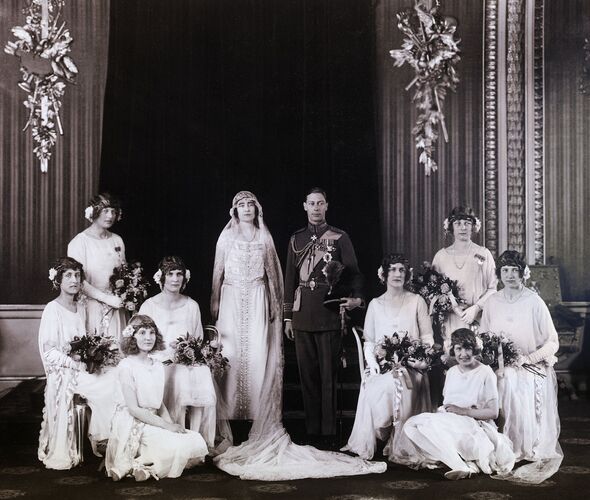
Many sources say that Elizabeth turned down the Prince’s second proposal, and may have even turned him down a third time. Eventually, Elizabeth relented. The couple married at Westminster Abbey on April 26, 1923, 102 years ago. They became the Duke and Duchess of York, and welcomed their first daughter, Princess Elizabeth, in 1926 and Princess Margaret in 1930.
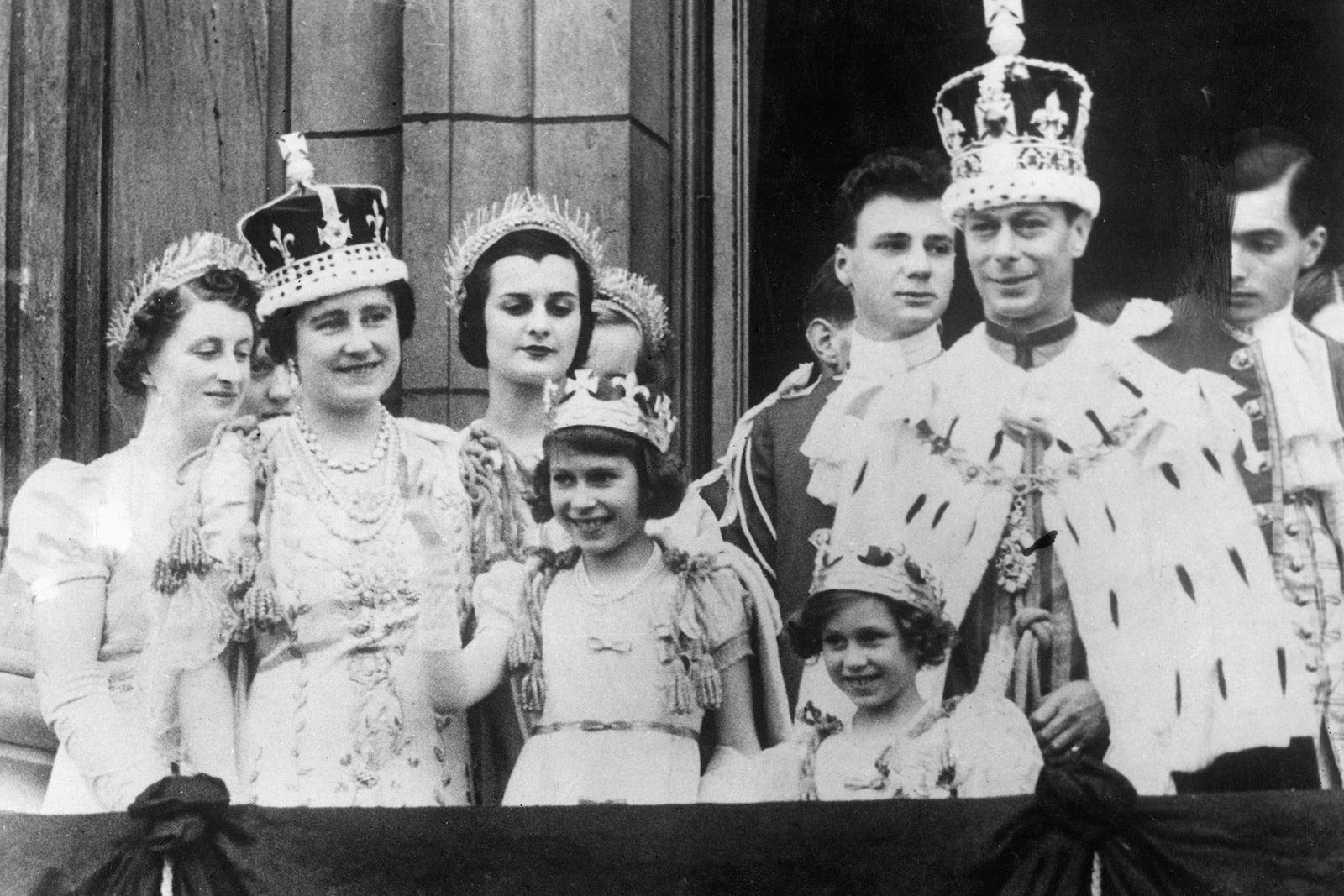
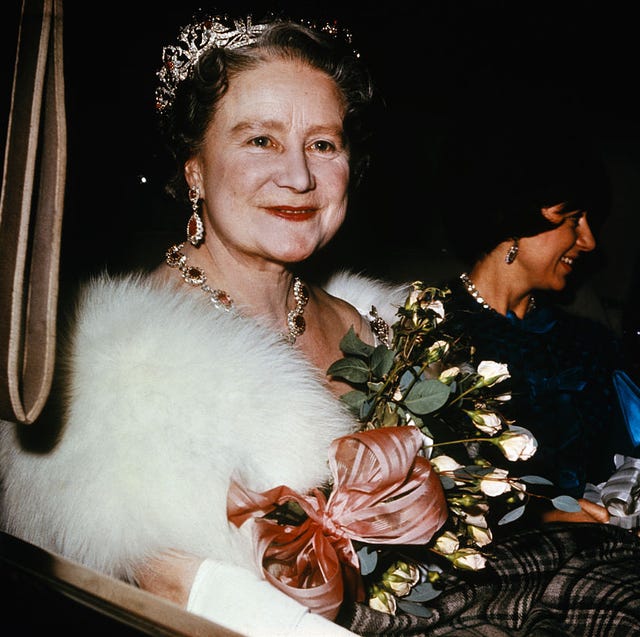
After Prince Albert’s brother, King Edward VIII, abdicated in 1936, the private royal couple became King George VI and Queen Elizabeth. They quickly became beloved figures for their tireless efforts to raise morale during World War II. King George VI died of lung cancer on February 6, 1952, at the age of 56. Queen Elizabeth lived another 50 years before passing away at the age of 101 on March 30, 2002.
Theo Express
